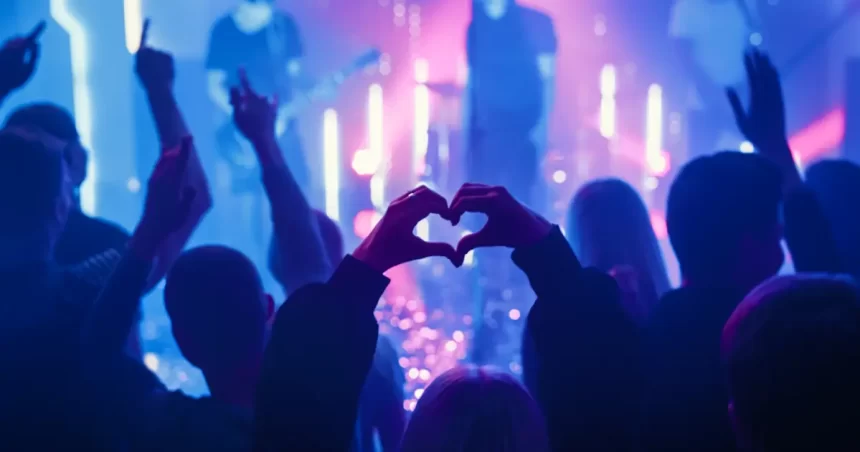Written by: Luke O’Sullivan
The live music industry has always relied on informal, hands-on learning. Roadies, sound techs, and stage managers built their skills on the job, with mentorship guiding them along the way. While this has its perks, it’s kept the industry closed off, lacking diversity, and at risk of losing valuable expertise as seasoned pros step away – and that’s a huge risk for an industry already vulnerable to economic uncertainty, regulatory pressures, and post-pandemic fallout.
A 2024 survey by Live Performance Australia found more than 60 per cent of critical roles, like stage managers and sound techs, are in short supply post-COVID. With 1,300 live venues closing and significant workforce shortages, the industry is at risk of recovery. To create a more resilient and inclusive future, formal education must step in and transform how we train the next generation.

Why experience alone isn’t enough
Let’s face it – the days of learning by trial and error no longer cut it. Modern live music production demands a mix of technical expertise, strategic thinking, and creative problem-solving. And while experience still matters, structured training provides a crucial foundation, setting new professionals up for success from day one.
Breaking down barriers
One of the biggest issues with the old-school, learn-on-the-job approach is that it reinforces barriers. In Australia, 73 per cent of live music workers are male, and informal pathways often shut out women and other groups from tech roles. Shifting to formal education creates a fairer, more accessible industry, giving everyone a shot at developing the skills they need.
Filling the skills gap
Institutions like Industri Education are stepping up to tackle this, offering courses that balance real-world experience with structured learning. The programs give students practical skills and strategic know-how, as well as real-world experience, so they’re ready for the challenges of today’s industry. Focusing on hands-on education opens a wide range of career paths, from sound engineers, broadcast technicians, and stage technicians to live sound operators, tour managers, and booking agents. On the business side, opportunities include festival assistants, venue managers, and media and partnerships managers.
The economic case for formal training
And it’s not just about filling roles. The live music industry is worth $5.7 billion in Australia, employing over 40,000 people. With revenue expected to bounce back to pre-pandemic levels by 2024 and grow 30 per cent by 2026, there’s so much potential – but only if we have a skilled, diverse, and well-prepared workforce to drive it.
Investing in the future
Formal education isn’t just an investment in people; it’s an investment in the future of live music. By opening opportunities and creating pathways for everyone, we can set the stage for a more dynamic, inclusive, and sustainable industry.
It may not seem very rock n’ roll, but ensuring the future of live music will start in the classroom (my mother would be so proud). By breaking down barriers and equipping the next generation with essential skills, we create a diverse, resilient workforce ready to drive the industry forward. Formal education isn’t just about preserving what we had – it’s about building a stronger, more inclusive future for live music.
We don’t need no education? Sorry, Pink Floyd – turns out we do!







